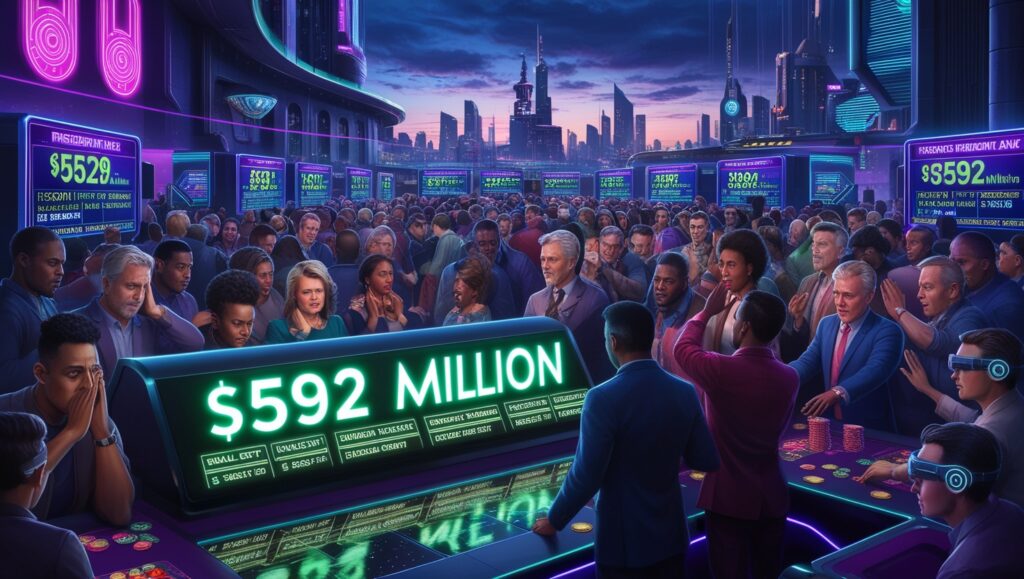More than $592 million has been wagered on the 2024 U.S. presidential election by users of the well-known cryptocurrency gambling platform Polymarket. More money has been wagered on Donald Trump than on Vice President Kamala Harris. More than $74 million has already been bet by gamblers on Donald Trump to win the presidency.
Polymarket bets indicate that Trump has a 45% chance of winning in November, while live polling on the betting platform indicates that Vice President Kamala Harris has a 53% chance of winning.
More cryptocurrency has been invested in Trump’s chances of winning, even though Harris has relatively better odds on the prediction market platform. Crypto enthusiasts have only spent $64.8 million on Kamala Harris’ chances, while Trump has more than $74.6 million—a difference of nearly $10 million.
On Monday night, Trump also took part in a live chat on Twitter, now known as X, with Elon Musk, the CEO of Tesla, although he made very few references to cryptocurrencies. Musk has been critical of Trump in the past and has even expressed support for Democratic presidential nominee Hillary Clinton in an election before, despite his apparent support for Trump at this time. Musk has also made an effort to win over legislators of all parties. Musk pushed for government funding for commercial space exploration when attending a fundraiser for former President Barack Obama in San Francisco in 2015 and personally giving Obama a tour of SpaceX’s facilities.
Although Polymarket was successful in the beginning in foreseeing President Joe Biden’s withdrawal from the race, more recently Polymarket was unable to correctly anticipate Tim Walz, Kamala Harris’ running mate. Rather, the cryptocurrency community was wagering that Pennsylvania Governor Josh Shapiro would win the job; in fact, Shapiro had a greater than 60% chance of winning.
On the other hand, Walz’s odds were expected to be extremely low by Polymarket users, who at one time only bet 4% on him. The entire cryptocurrency prediction markets were comparatively slow to anticipate Walz’s unexpected victory, even though gamblers on cryptocurrencies later recovered and placed a 73% wager on him.








